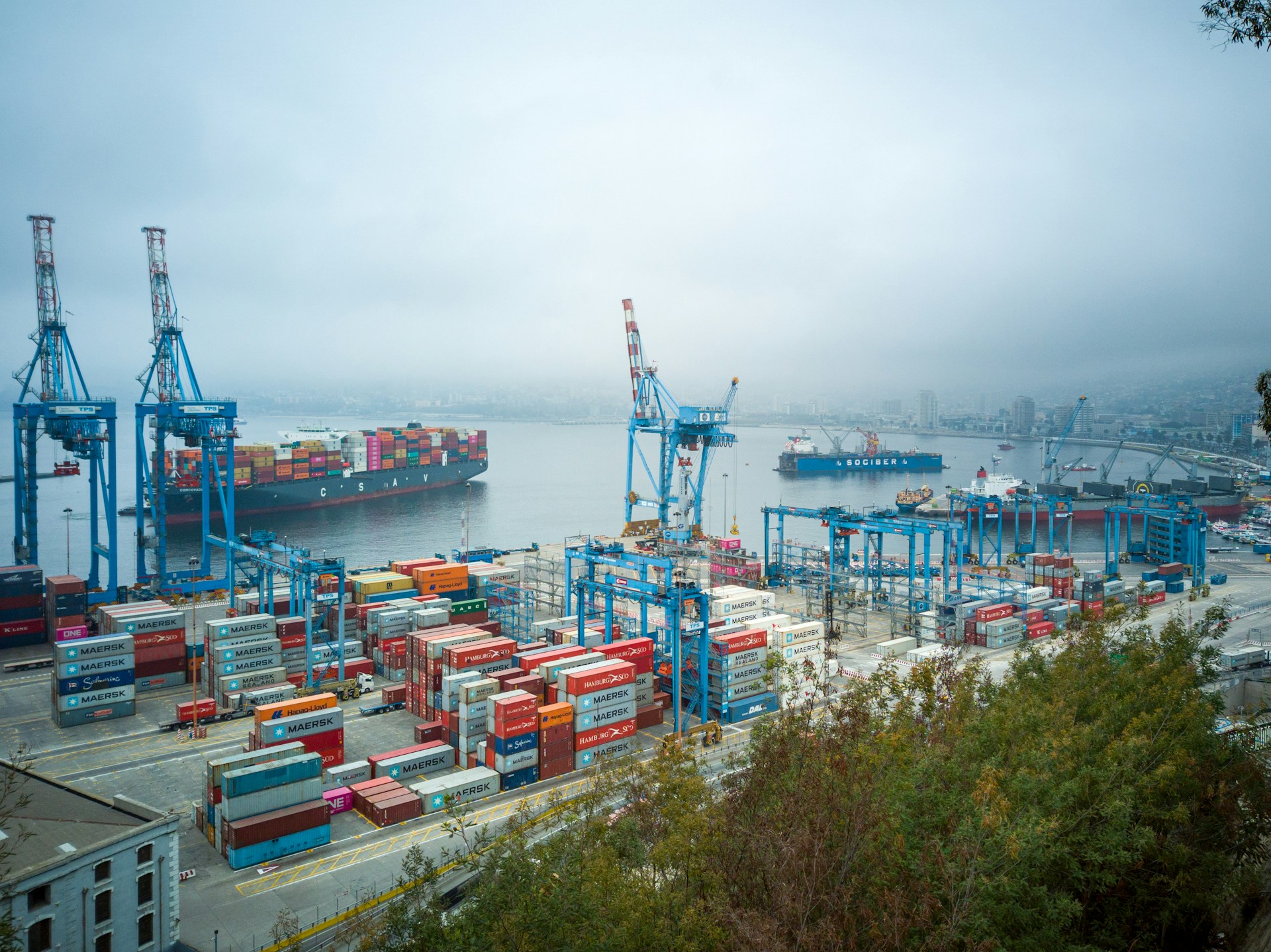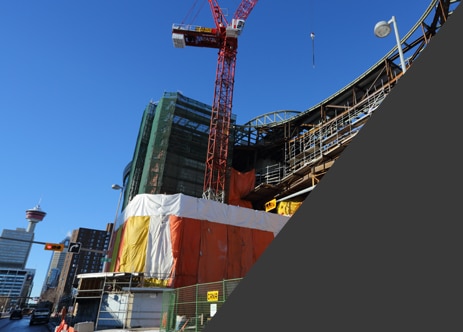Geopolitical tensions and lockdown restrictions often cause supply chain disruptions, making sticking to construction project timelines challenging. Although these issues have eased up over the past few years, disruptions still occur and can devastate budgets and schedules. However, you can persevere through these disruptions by taking proactive measures.
The Current State of the Global Supply Chain
The current state of the global supply chain remains marked by a delicate balance of challenges. The industry is still grappling with the aftermath of the COVID-19 pandemic. Supply chain disruptions have led to increased material costs, with prices rising by an average of 19% across construction inputs over the past year.
Shortages in critical construction materials, ranging from lumber to steel and cement, have further strained project timelines and budgets. Logistics challenges, including delays in transportation and port congestion, have added to the complexity. Despite these hurdles, the industry is showing resilience, adapting to new norms and exploring innovative solutions. Companies are increasingly investing in technology to enhance supply chain visibility and streamline operations, with a growing focus on sustainability.
As the industry navigates these challenges, there’s an opportunity for construction companies to reimagine and fortify their supply chain strategies for a more resilient and sustainable future.
How to Deal With Supply Chain Disruptions
Navigating supply chain issues is critical for any industrial, commercial and institutional (ICI) construction company. Unforeseen challenges can significantly impact project timelines and budgets. Proactive measures and strategic planning are essential to weather the storm.
1. Diversify Your Suppliers
Consider expanding your supplier network. Relying solely on a single source exposes your projects to vulnerabilities. Cultivating relationships with a diverse range of suppliers creates a safety net that cushions the impact of unforeseen events, ensuring a resilient supply chain.
2. Embrace Technology
Take advantage of digitization. Advanced software solutions, like building information modelling (BIM), can streamline communication, track inventory, improve safety and monitor the movement of materials. Integrating technology into your processes enhances efficiency and provides valuable insights that empower you to make informed decisions amid supply chain uncertainties.
3. Build Strategic Partnerships
Collaboration is the cornerstone of overcoming supply chain challenges. Establishing strong partnerships with suppliers and subcontractors allows you to stay ahead during challenging times. Reach out and keep open communication to hear about disruptions ahead of time. These partnerships become invaluable in times of adversity, as open communication, better pricing, higher-quality materials and collaborative problem-solving lead to innovative solutions that benefit your company.
4. Order Supplies in Advance
Ensure a steady flow of supplies to guarantee seamless operation. Consider ordering your supplies well in advance to address potential supply chain issues proactively. Forecasting your project needs and working closely with suppliers establishes a buffer that guards against delays and shortages. This foresight approach mitigates the impact of unforeseen challenges and allows for greater negotiating power and favourable pricing terms. Ordering supplies beforehand lets you stick to project timelines and enhance efficiency.
5. Switch to Sustainable Materials
Consider making the switch to sustainable materials. This approach contributes to environmental conservation, positioning your projects at the forefront of industry innovation. Opting for eco-friendly products showcases your commitment to responsible construction practices, resonating positively with clients, stakeholders and the broader community. Additionally, sustainable materials often boast long-term cost savings, energy efficiency and reduced environmental impact.
6. Implement Robust Risk Management
The unpredictable nature of the construction industry demands a proactive approach to risk management. Conduct thorough assessments to identify potential disruptions and develop contingency plans. Whether natural disasters, geopolitical tensions or unforeseen market fluctuations, a well-thought-out risk management strategy ensures you’re prepared to weather the storm.
7. Be Honest With Customers
Transparency and openness about project timelines, costs, and potential challenges foster trust and credibility. When faced with unexpected issues or changes, being forthright with customers ensures they’re informed and part of the decision-making process. Ideally, you’d like to inform them before starting construction.
8. Develop Contingency Plans
Anticipating potential risks and challenges allows you to navigate the unexpected with agility and resilience. A well-thought-out contingency plan provides a clear course of action when disruptions occur. Back-up plans minimize the impact of setbacks, positioning your company as a reliable and adaptable industry player. For example, look into buying equipment from another company.
9. Pause Projects if Needed
There are instances where it may be necessary to temporarily halt projects. While it may seem counterintuitive, hitting the pause button can provide the breathing space needed to reassess, recalibrate, address issues more effectively and wait for costs to reduce. This deliberate approach allows for informed decision-making, risk mitigation and safeguarding the project’s success.
Be Prepared and Persevere
Supply chain issues have plagued the construction industry in recent years, and it’s crucial to stay prepared to ensure your company’s success and guarantee happy clients. By learning to adapt, you can persevere during uncertain times.









